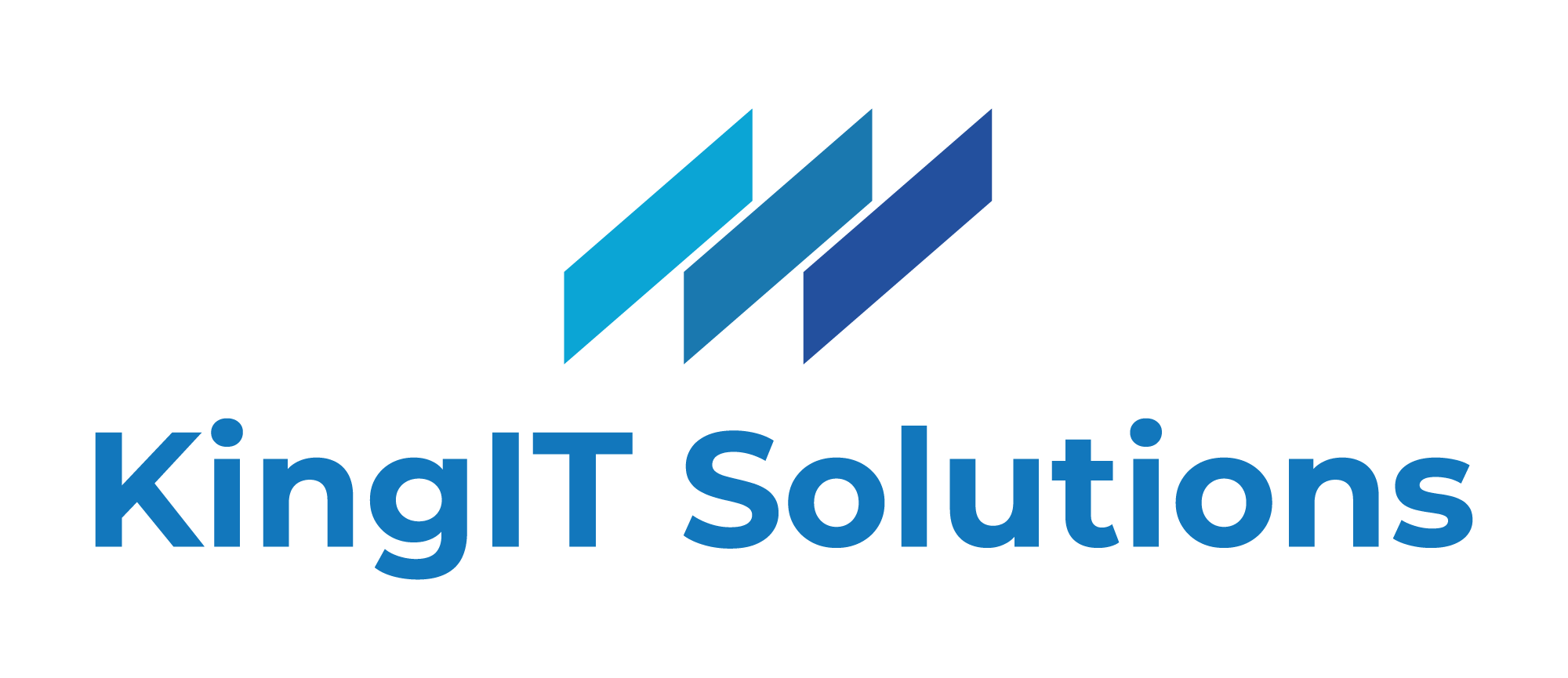_large.jpg)
The world of cryptocurrency can seem daunting at first, with its complex terminology and volatile markets. But with the right knowledge and approach, anyone can learn to navigate this exciting new financial frontier. This guide, drawing insights from leading resources like Forbes, Coinbase, Stash, and IG, provides a comprehensive introduction to cryptocurrency for beginners.
_large.png)
Step into the metaverse, a vibrant digital realm where reality blurs with imagination. At its core lies the revolutionary concept of Non-Fungible Tokens (NFTs), unlocking a universe of ownership and creativity. For blockchain enthusiasts and software developers, this intersection of technology and art presents exhilarating opportunities waiting to be seized.
The Lumanagi Prediction Game is an exciting new feature set to launch on the Lumanagi Exchange platform in just three months. Drawing inspiration from popular prediction games like the one on PancakeSwap, the Lumanagi Prediction Game offers users a chance to test their market prediction skills and earn rewards.

Decentralized exchanges (DEX) and centralized exchanges (CEX) are two types of trading platforms that allow users to buy, sell, and trade cryptocurrencies. DEX platforms operate on a decentralized network driven by users and liquidity providers, without any intermediaries, while CEX platforms operate on a centralized network and have a central organisation or institution acting as intermediaries, so the decision making is centralized. DEX platforms are available on various blockchain networks, including Ethereum, Binance Smart Chain, and Polygon, while CEX platforms are typically available on their own centralized networks. Both DEX and CEX platforms require a cryptocurrency wallet to participate, and users can join with any wallet that is compatible with the platform.
Governance tokens are a key feature of many DEX platforms. These tokens allow holders to vote on platform changes and participate in platform governance. Some examples of governance tokens include Uniswap’s UNI token and SushiSwap’s SUSHI token.
In this two-part article, we would like to help you become more familiar with CEX and DEX platforms by highlighting their differences.
Decentralization: The main difference between DEX and CEX platforms is their level of decentralization. DEX platforms are completely decentralized, meaning that all trades are conducted on a peer-to-peer basis without the need for a centralized intermediary. CEX platforms, on the other hand, rely on a centralized intermediary to facilitate trades.
Operations: DEX platforms typically have a slower order execution speed compared to CEX platforms. This is because DEX platforms rely on a network of nodes to validate trades, which can take longer than the centralized order matching system of CEX platforms. CEX platforms also work with market makers and all trading happens through order books, while DEX operations are managed through smart contracts, and marketing making is based on an automated market making algorithm, so instead of P2P trading it’s a Peer-to-Pool system.
Transparency: DEX platforms are generally more transparent than CEX platforms. This is because DEX platforms operate on a public blockchain, allowing anyone to view the entire transaction history. CEX platforms, however, often have opaque order matching systems and trade history that is only available to the platform operator.
Usability: CEX platforms are generally considered to be more user-friendly than DEX platforms. This is because CEX platforms are designed to be more intuitive and accessible to a broader range of users, while DEX platforms can be more complex and require a higher level of technical expertise to use.
Custody of Assets: DEX platforms offer users complete custody over their assets, as trades are conducted directly between users’ wallets. CEX platforms, on the other hand, require users to deposit their assets into the platform’s custody before trading.
Speed and Price Volatility: DEX platforms are often subject to higher levels of price volatility compared to CEX platforms. This is because DEX platforms rely on a network of nodes to validate trades, which can cause delays in price updates and lead to price discrepancies. CEX platforms, on the other hand, have faster order execution and are less prone to price discrepancies.
Be sure to check out our next article on the subject to learn more about CEX and DEX platforms.
Medland is a crypto-game development company that focuses on creating high quality games for desktop and mobile devices. One of Medland’s core goals is to embrace cryptocurrency and blockchain technology so it can be integrated into the games that they are developing.
What is Lumanagi?
Lumanagi is a decentralised exchange (DEX), which is a peer-to-peer cryptocurrency marketplace where transactions occur directly between traders, as opposed to dealing with an intermediary. In addition, Lumanagi is also an automated market maker (AMM), this means that it is a system that can automatically facilitate buy and sell orders on a decentralised exchange and automatically clear transactions. AMMs are run on smart contracts which are programs stored on the blockchain that activate when predetermined conditions are met.
Subscribe to receive our latest blog posts
Subscribe to our Newsletter
Dont miss the newbies!








